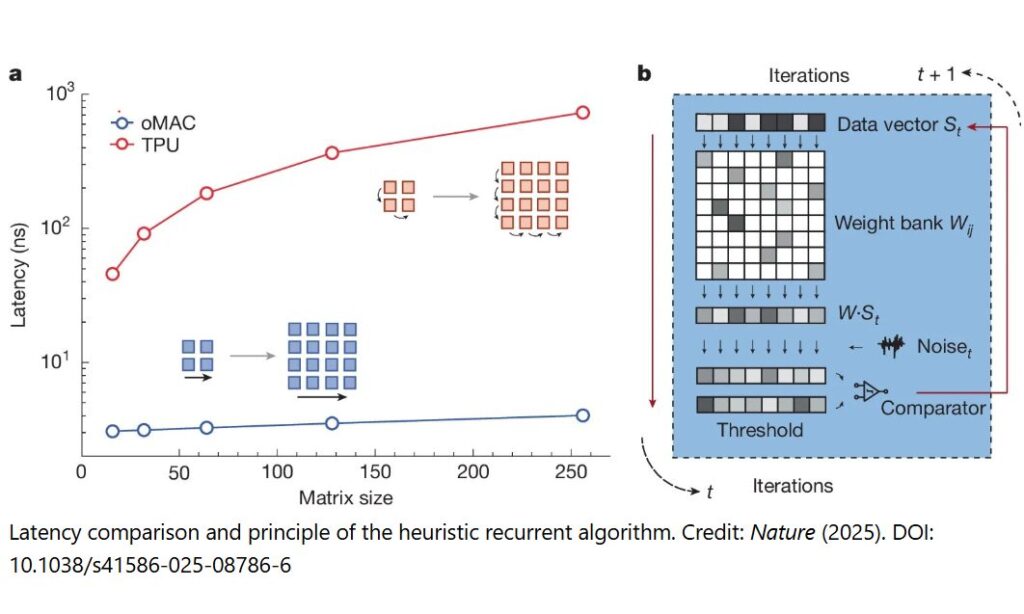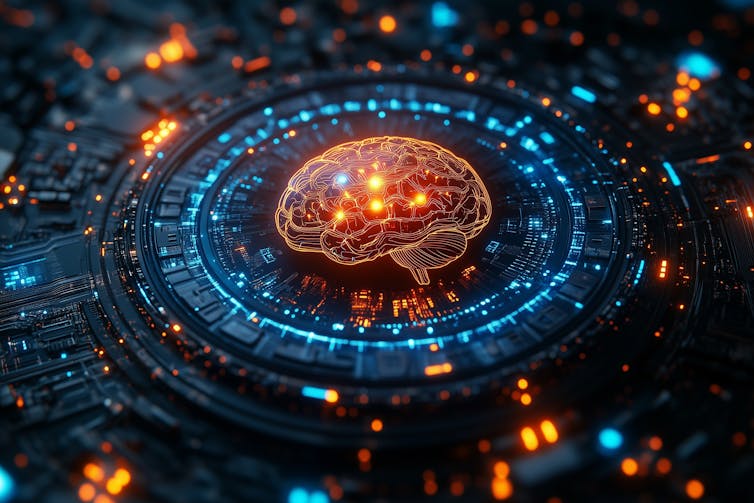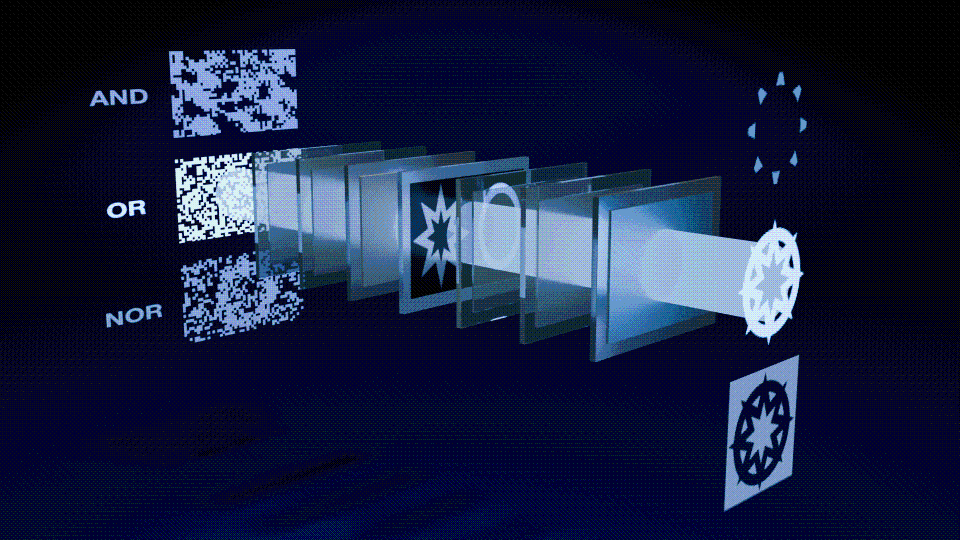
Computer chips that combine the use of light and electricity are shown to increase computational performance, while reducing energy consumption, compared with conventional electronic chips. The photonic computing chips, described in two papers in Nature this week, might address the growing computing demands driven by advancing artificial intelligence technology.
The growth in the complexity of artificial intelligence and deep learning models is pushing conventional electronic computing to its limits and has ever-increasing energy demands. Photonic computing, which uses photons rather than electrons, presents a potential solution to these challenges.
Multiplication and accumulation—central computational operations for artificial intelligence—can be performed faster and more effic...
Read More









Recent Comments